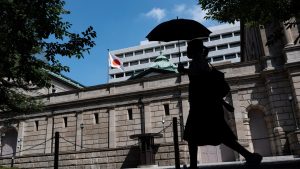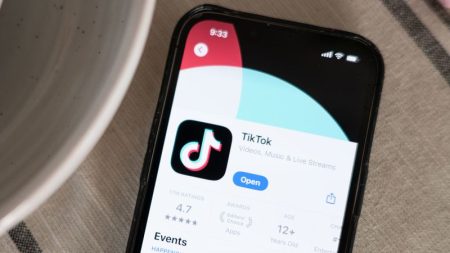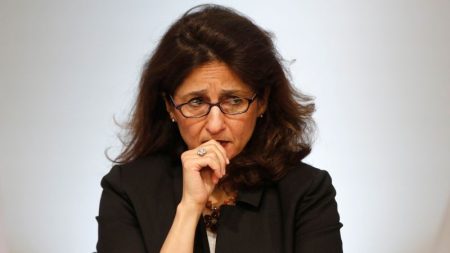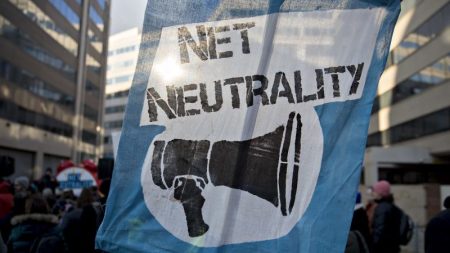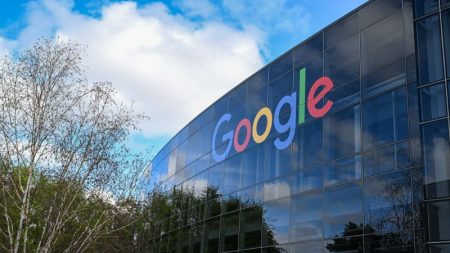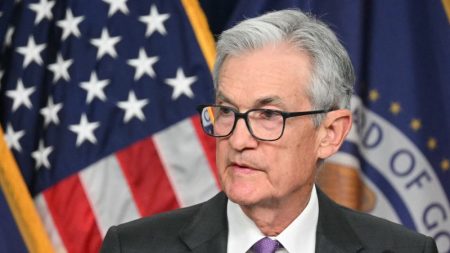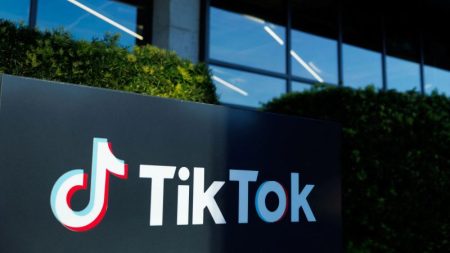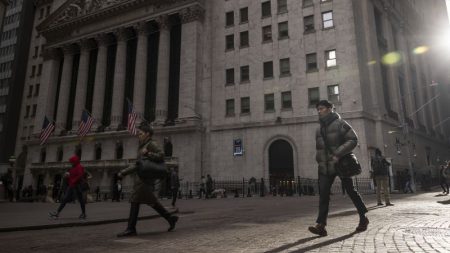Meta, formerly known as Facebook, sparked controversy when it blocked a critical report from the non-profit newspaper the Kansas Reflector on its social media platforms for several hours. The paper’s links were flagged as cybersecurity threats and their posts were removed, with most being restored later except for one that criticized Facebook’s handling of climate change-related posts. Meta’s communications chief, Andy Stone, later apologized for the error, insisting it was not related to the Reflector’s criticism of the company.
Despite the apology, on the following day, users attempting to share the critical column on Facebook, Instagram, and Threads were met with warnings that it violated community guidelines. Independent journalist Marisa Kabas in New York asked the Reflector for permission to publish the column on her website, the Handbasket, as an experiment to bypass Meta’s censorship. However, her post was also flagged and taken down for malicious content, with all links to her site being blocked for a period of time.
Meta later acknowledged that the blocked links were due to a security error, which also affected other sites such as The Handbasket and the news aggregator News from the States. These blocks were removed, and Meta apologized for the inconvenience caused to users. Sherman Smith, the editor-in-chief of the Kansas Reflector, expressed frustration with the situation, noting that Meta was investigating the incident and promised to follow up.
Kabas highlighted the damage done to trust when articles are flagged as malicious, undermining credibility. She emphasized the importance of free speech and bypassing censorship, raising concerns about the impact of such actions on independent journalism and the sharing of information on social media platforms. The incident fueled backlash against Meta and raised questions about transparency, accountability, and censorship practices on social media.
The controversy surrounding Meta’s blocking of critical content from news outlets and journalists highlights ongoing tensions between technology companies and the media. The incident underscores the power that platforms like Meta have in controlling the flow of information and the potential repercussions on free speech and independent journalism. It also sheds light on the challenges faced by journalists and news organizations in navigating the digital landscape and ensuring the dissemination of accurate and diverse viewpoints.
As social media platforms continue to play a significant role in shaping public discourse and access to information, incidents like this raise important questions about the responsibility of companies like Meta in promoting transparency, accountability, and free expression. The need for safeguards to prevent censorship and ensure fair access to information is crucial in preserving the integrity of journalism and upholding democratic values in the digital age. The aftermath of the controversy underscores the importance of ongoing dialogue and collaboration between tech companies, news outlets, and journalists to address challenges and uphold principles of free speech and information dissemination.


